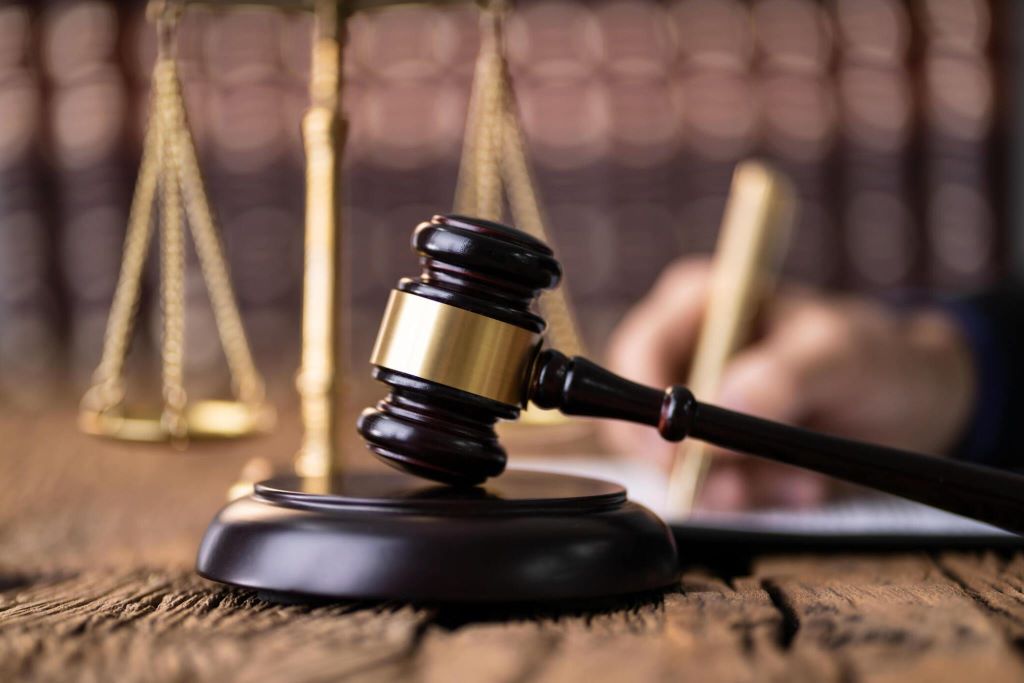In the paced world of proceedings there’s an important but often overlooked individual—the court reporter. This unsung hero plays a role in documenting events ensuring accuracy and maintaining the integrity of the judicial process.
Let’s take a look at the behind the scenes world of court reporters and explore their contribution to legal proceedings. Amidst the whirlwind of terminology and dramatic testimonies it is the court reporter who remains unwavering making sure that every detail of the case is accurately recorded and indisputable.
Understanding the Role of Court Reporters
Court reporters often referred to as protectors of proceedings play a pivotal role in ensuring accuracy, transparency and preservation within the judicial process. Their responsibilities go beyond transcription; they are integral to how our legal system operates.
Defining Court Reporting
Court reporting involves converting spoken or recorded speech into written form—an account of what transpires, during proceedings. Court reporters are professionals who have the responsibility of recording every spoken word during hearings, trials and depositions.
Apart from transcribing conversations court reporters also meticulously. Review transcripts to ensure accuracy and eliminate any errors.
Primary Responsibilities of Court Reporters
In their role court reporters go beyond documenting verbal communication. They play a role in maintaining precision and safeguarding the transcript, which holds significant legal value and is essential for appellate processes and legal reviews.

Technical Expertise in Court Reporting
Court reporting involves more than capturing spoken words; it requires a technical skill set that makes these professionals invaluable contributors to the legal field.
Mastery of Stenotype Machines
One of the key technical abilities court reporters possess is their mastery of stenotype machines. These machines utilize a shorthand language that allows court reporters to transcribe spoken words with efficiency. The shorthand system involves pressing keys to represent syllables, words or phrases in a concise manner
Real-time Transcription
One of the abilities possessed by court reporters is their capability to transcribe proceedings, in real time. This skill is incredibly valuable when immediate access to the record is required. Real time transcription not only improves the efficiency of procedures but also serves as a valuable resource for instant reference and analysis.
Court Reporters as Guardians of Accuracy
Within the realm of proceedings court reporters assume the role of custodians diligently safeguarding the integrity and precision of the official record. Beyond transcription they play a part in preserving legal history and ensuring that the record remains an unchallengeable account of events.
Real time Reporting in High Stakes Scenarios
In stakes situations court reporters provide an essential service through their ability to provide real time reporting. Their skill in transcribing proceedings on the go grants access to unfolding events, for professionals. The ability to make decisions in time is extremely valuable especially in high pressure situations.

Meeting Strict Deadlines for Transcripts
Court reporters work under time constraints. Delivering transcripts promptly is crucial for the progress of legal cases. Meeting these deadlines ensures that legal professionals have access to transcripts when preparing for cases filing appeals and other legal processes.
By meeting these timelines court reporters play a role in ensuring that justice is not delayed and cases can be resolved effectively.
Adapting to Changing Technologies
As technology advances court reporters find themselves at the crossroads of tradition and innovation. They embrace recording technologies. Continually adapt their methods to improve efficiency, accuracy and overall effectiveness within the legal process.
Transition from Stenography to Digital Recording
The gradual shift from stenography to recording methods represents a significant change, in the field of court reporting. This evolution demonstrates a response to the changing world of technology enabling court reporters to take advantage of advanced recording devices.
The adoption of high quality audio or video recording formats does not expand the possibilities for documentation.
Incorporating AI and Speech to Text Technologies
The seamless integration of intelligence and speech to text technologies represents an advancement in the field of court reporting. As professionals navigate through an evolving landscape embracing cutting edge tools highlights their commitment to staying in technological advancements.
The utilization of AI in the transcription process does not speed up the conversion from spoken words to written form.

The Unsung Heroes of Legal Proceedings
Amidst the drama and complexities within courtrooms court reporters emerge as heroes who make contributions to the efficient functioning of the legal system. Their silent yet impactful presence goes beyond transcription embodying professionalism, dedication and resilience in dealing with challenges.
Acknowledging the Significance of Court Reporters
It is crucial to acknowledge and recognize the role that court reporters play within the system. Their impact goes beyond the courtroom as they serve as record keepers and guardians of the legal system. The transcripts they create become tools for professionals shaping the course of legal cases and ensuring fairness and justice.
Recognizing Professionalism and Commitment
Court reporters embody professionalism and commitment in their work. Their dedication to accuracy, impartiality and ethical standards underscores their role in upholding the integrity of proceedings.
Recognizing their commitment sheds light on the overlooked yet contributions they make to the justice system. It is essential to acknowledge their resilience when faced with challenges whether it be transcribing high profile cases or adapting to evolving advancements in law.
Conclusion
In the dance of proceedings court reporters stand silently but firmly as pillars of support weaving an indispensable thread into the tapestry of justice. Their role is not limited to transcribing. They also have the task of preserving history, adapting to new technologies and skillfully navigating through challenges.




